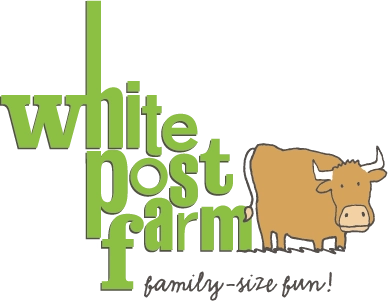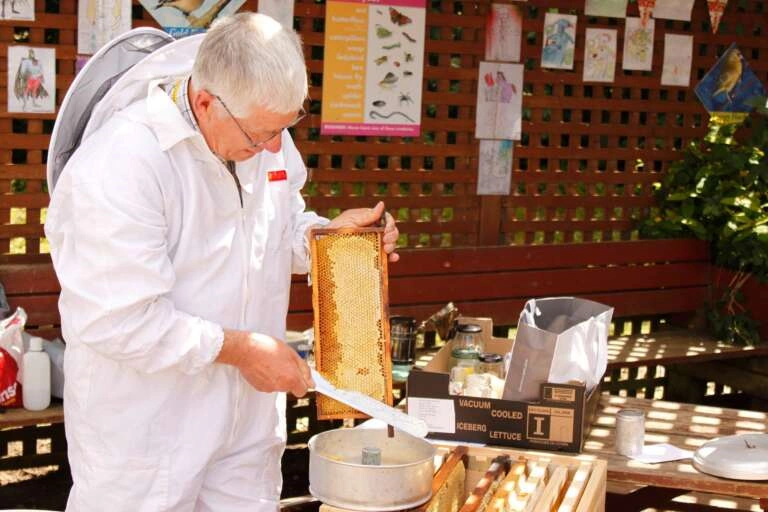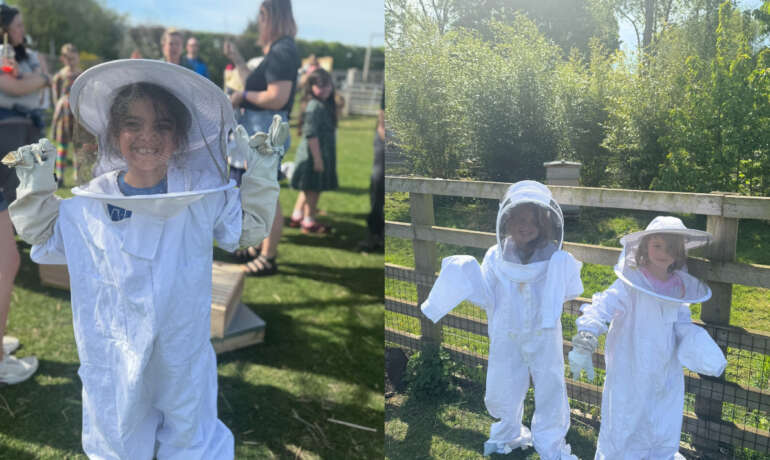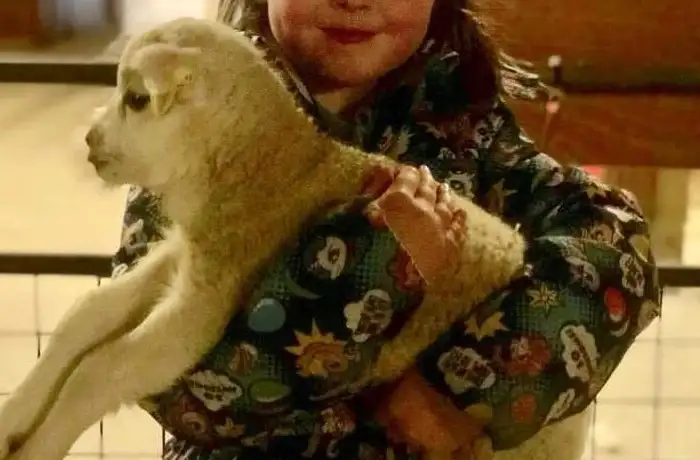We sat down with David Bell to talk all about beekeeping and his journey into making ‘Farnsfield Honey’, and how he discovered his passion for Bees, and helping others explore keeping their own. David Bell helped bring our very own Bee hive to White Post Farm last year, teaching Farmer Freya all about the world of bee-keeping!
David started beekeeping about 17 years ago, and it all came about when he was a teenage boy, about 14/15 years old. David used to work with horses at the time, helping this lady who had horses, goats, sheep.. you name it! She had a beehive in the garden and lots of funny-looking paraphernalia that she’d use for beekeeping. At this point, David thought to himself, “One day I’m going to have a go at this!”. David thought about this over the years, and when he was coming up to his retirement, he thought that it was the perfect time to have a go!
David mentioned this to many people in his circle of friends at the time. Then, when he attended a party, somebody went up to him and said “you want to start beekeeping?” and then the two got chatting, and David discovered that this man had two old bee hives that he could have! This man brought the 2 old bee hives round to David’s, as well as a little honey extractor, and it all started from there!
The first two years that David started beekeeping, he lost his bees, but this does happen. After this, he learned from the mistakes he made, that all beekeepers would have made before. Beekeeping is a very practical thing, and you do learn through your faults, and from putting into practice all that you’ve learned over the years. One thing that David said did really help him, was joining the Derbyshire Beekeepers Association, and they were absolutely brilliant at helping him out with questions that he could not answer. The Derbyshire Beekeepers Association is a community of lots of people, and it is an affiliation of the British Beekeepers Association, so to be part of them means to be part of the whole society of beekeeping! They offer help and monthly videos, where David learnt a lot about the world of beekeeping.
Many of you may have noticed David’s honey in our gift shop, or at other local places. As David got into the swing of beekeeping, he ended up with far too much honey after a good year. So his daughters encouraged him to set up ‘Farnsfield Honey’ and start selling his beautiful honey. They helped him out with photography and sales, and this became the start of a brilliant business. The honey began selling very quickly, so he got some more bees to keep it going! David got up to about 30 hives at one time, with just him running them, which despite being good for business, he decided it was far too much for him to manage alone!

David decided to cool it off slightly with the amount of bee hives he was taking care of, and focus some of his attention on the other parts of beekeeping he also enjoyed, which is educating people! He absolutely loves going into schools and teaching them all about bees.
I go into schools quite a lot and garden clubs. I went into a couple of old folks places and the WI. But the schools are the best. Children have such wonderful questions, they’re so inquisitive!”
LOOKING AFTER THE BEES

So we asked David what it entails when taking care of the bees and their hives, and he had lots of information to give us!
David says that the bees can be very good at looking after themselves, but there are many things that can be done to help them along so that they do survive. In the wild, many bees to die, and this tends to be the case for the weaker ones, as they aren’t as capable at making honey. Commercial breeders tend to encourage the stronger ones to stay alive in order to produce more honey. This is not the case for David, as despite running Farnsfield Honey, his primary focus is not to produce honey, it is the welfare of the bees.
One of the biggest things that must be checked on is the diseases. We must keep an eye on the bees and the hive to make sure they don’t get any diseases. This is especially important in the summer time, as the bees must be checked on at least once every 7 days, to check that there are no diseases present. There are two or three notifiable diseases, that if your hive gets it, you must notify The British Beekeepers Association and they will come out to your infected hive and destroy it for you, and then compensate you to start a new one through your subscription.
In terms of the queen, the hive must have a nice, strong queen. If the bees suspect that the queen is getting weak, or the hive is overcrowded, they start building queen cells to get a new queen. The queen can live for up to 5 years, with the first 2 years being the most productive for egg-laying, as they can lay 1-2 thousand eggs a day in the first 28 days. For maximum honey production, sometimes beekeepers can squash the queen when she is becoming weak, in order to raise a new queen. However, this is not how David goes about it, as he tends to just leave his bees, and they will raise their own queen.
In terms of swarming, you must keep your eyes out for the cells that they build in the middle of the frame, and these can be built all the way along the bottom frame also, which is when you must do something about it as they are preparing to swarm, and they can swarm and swarm until you have no bees left. There are a few anti-swarming measures that you can put in place once you see these cells, but once they have built and sealed them, they are going to swarm, it is too late. One of the measures that can be done to help this is, you can split the hive into two, to make the bees think they have swarmed, leaving one queen in one, and then the one with the eggs in, will be left to raise their own queen.
HONEY EXTRACTION

Different beekeepers have different measures in place with regards to the extraction of honey from their hive. There are quite a lot of beekeepers who extract their honey once a year, at the end of August. Extracting the honey is a very messy and sticky job, and it can be a very hard job, especially with the heat in August. So these beekeepers will do it in one big job, have a clear out, and then wait until the next year to do it all over again. However, David extracts his honey in a different way, as you get all the different tastes of the honey from each season.
You get the early spring honey, the late spring honey, the summer honey, and instead of mixing them all into one, I like to appreciate the different tastes of each season. The spring honey tastes different to the summer, and the same with july, it is completely different. The honey that comes of Lime trees and Sycamore trees is completely different to the first spring honey that comes from the Apple trees and Plum trees.”
Despite this being a bigger job, it is and always will be a hobby for David, so he much prefers getting the most out of his bees for himself. David started extracting the honey using a little extractor which you would wind up, which just held 2 frames at a time. This is good for a low amount of hives, but once you start getting up to 15 hives, it needs to be done on a bigger scale. David’s daughters encouraged him to buy a larger electric extractor, which can hold 9 frames, and do the extracting itself, which is a lot less hard work for David.

David has recently been working with some big names such as ITV and the BBC, in educating on bees, and the worries of the Asian Hornet which is slowly creeping over the UK. Check out the clips of his interview on his Facebook, David Bell – Farnsfield Honey. It is extremely interesting to hear about, and David is extremely knowledgable!

All of us at White Post Farm would like to say a huge thank you to David Bell for all of the help he has given us with our own hive, and we love having him as a farm friend! We have a lot more from David, so expect a part 2!
Thanks for reading. Happy World Bee Day!



